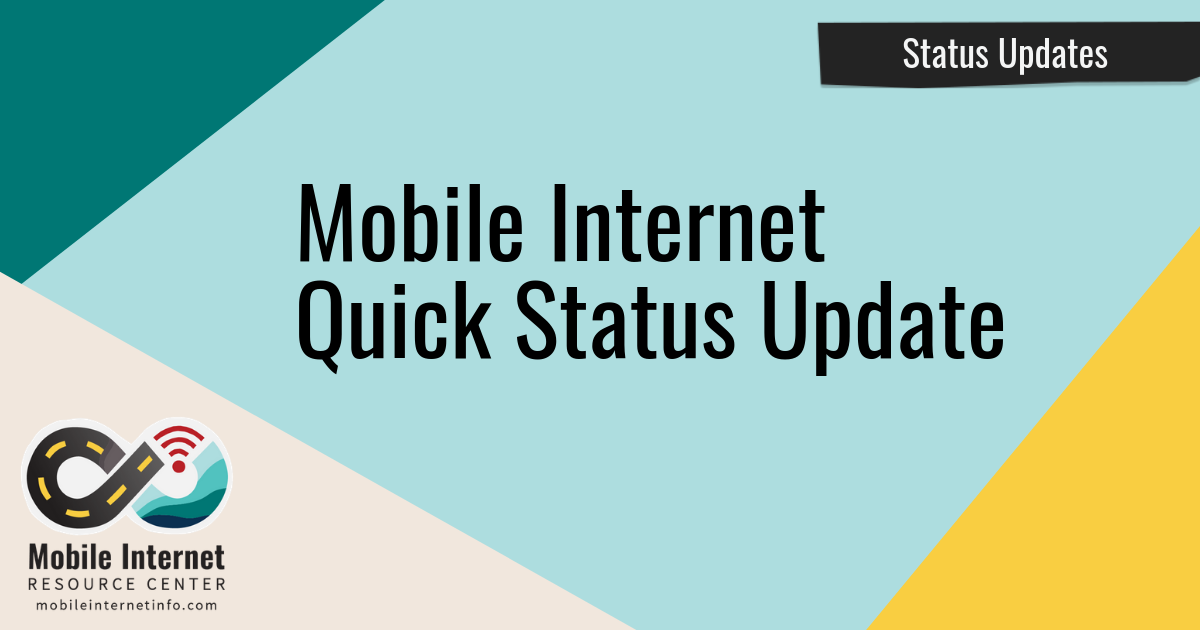AT&T sent notices to business customers informing them of the carrier's plan to shut down AT&T's 3G/HSPA network in 2022 to make room for 4G/LTE and future technologies like 5G. The email notice was targeted at business and specifically IoT (internet of things) customers, but the shutdown will apply to all 3G users:
To help address the growing customer demand for mobile services, AT&T plans to fully discontinue service on our 3G network in February 2022. This will enable us to free up valuable spectrum and provide increased speed and capacity for our more advanced technologies like 4G LTE, low-power wide-area (LPWA) networks and 5G.
While the entire 3G network won't shut down until 2022, specific bands may be shut down and re-farmed earlier:
In some markets, it may be necessary for us to turn down one band of our owned and operated 3G network, such as 1900 MHz or 850 MHz service, ahead of February 2022.
AT&T will cease all 3G device activations no later than 19 February 2020:
To prepare for this transition, we are providing notice that you must stop activating or reactivating SIMs that use 3G technology. Specifically, if your agreement with AT&T currently allows 3G activations or reactivations and lists a 3G stop activation date, you must stop on that date. If no date is listed, you must stop within one year from the date of this letter or the end of the 3G stop activation notice period in your agreement, whichever is later.
AT&T published a full FAQ for its business customers.
This move is not surprising at all as the 3G spectrum currently in use will be needed for 4G/LTE expansion as well as the 5G network build-out.
Spectrum is a limited resource and no cell carrier can continue supporting old technologies indefinitely (For example, here is our news article on AT&T's shut down of their 2G network). Additionally, there are fewer and fewer places on AT&T's coverage map where 3G is available but LTE isn't and most consumers have already migrated to 4G devices.
Verizon announced a similar move last year and plans to shut down its 3G network even earlier.
While it's a bit sad to see the end of a core technology that served many nomads for years, this move is a harbinger of a future with better coverage and faster speeds.








 Mobile Internet Resource Center (dba Two Steps Beyond LLC) is founded by Chris & Cherie of
Mobile Internet Resource Center (dba Two Steps Beyond LLC) is founded by Chris & Cherie of